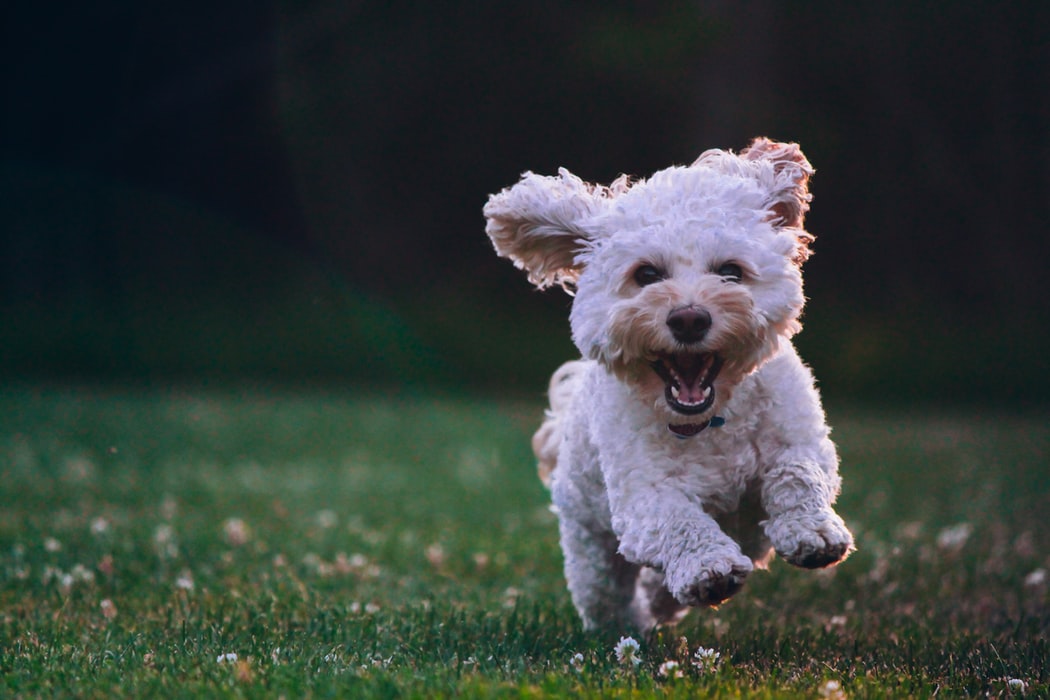In continuation to the latest blog post of separation anxiety occurring in canines, this week we will also cover another very human-oriented behavioral problem known as ADHD (attention deficit hyperactivity disorder) that has started to gain traction as a popular diagnosis for hyper dogs in recent years.

You may have noticed on recent social media the zoomies trend. Seeing our lovable pets burst off into full-on sprints has always been quite entertaining watch or participate in, but it seems only recently that the vast majority of the public has begun to want in-depth research into wondering why such zoomies occur. According to some[i], zoomies may be result of your dog not getting enough exercise during the day or simply not being engaged enough in general. This may be the reason why most you may note your dog gets the zoomies right after you return from a long day of work, as your dog has been holding up all that pent-up excitement just waiting for you!
But zoomies can also be a result of stress-relief[i]. Have you ever taken your dog to vet or left him to be groomed for a long time? What did they do when you returned? Quite often, just as a child may relieve stress needing to go outside and play for a bit, dogs of all ages may also want to do the same. In fact, I would even be inclined to say that adult humans would do the same if we could (I personally wouldn't mind taking a good walk after a long meeting).
But the question often arises when zoomies occur very often or you start to have trouble maintaining your dogs attention. Recently, there's seems to have been a rise in worried owner's believing their dogs are displaying symptoms of ADHD just as a young child would. While it is highly unlikely that your dog has ADHD, there is still a lot debate in air about whether or not a disorder like ADHD actually can be genetically inherited in dogs, much less diagnosed - although most agree that dogs can display ADHD-like symptoms. These symptoms are predicted to be influenced most by sociability and environment at a young age - leading many to believe that with good training and stimulation - hyperactivity can be managed more 'active' dogs.
No matter what you choose, remember to watch and analyze your pet's behavior closely when changing habits and adjust accordingly.